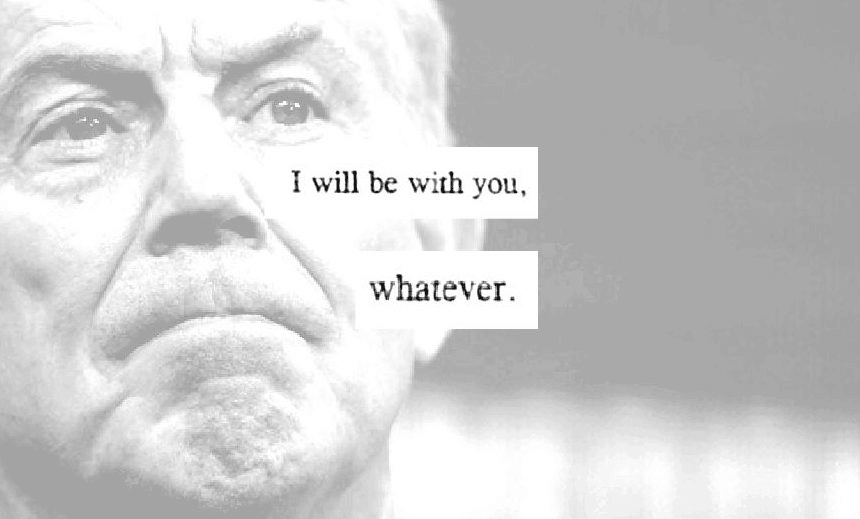The very long-awaited and very weightily long Chilcot report, from the inquiry into Britain’s involvement in the Iraq war, has just been published. We’ve read all 2.6 million words (we haven’t), and plucked out the bits that really tell the story.
Sir John Chilcot took the stage at the Queen Elizabeth Centre in Westminster to introduce his massive, overdue report on Tuesday morning, UK time, and delivered a speech as calm and poised as it was excoriating, damning of the former prime minister Tony Blair as well as the British intelligence services and the government as a whole.
The findings included the following:
On the 2003 invasion, hindsight and Tony Blair
On weapons of mass destruction and ‘a certainty that was not justified’
This from Chilcot’s statement:
On military action as a last resort
or, as it was put in Chilcot’s statement:
On legality
On Iraq and al-Qaida
The UK Intelligence Committee view…
On planning for post-conflict operations
On the quality of British intelligence
Again from the statement …
On the UK’s military exit
On Blair’s influence over the US and the transatlantic balance
From Chilcot’s statement:
And Blair to Bush: ‘With you whatever’
A 2002 memo from the UK PM to the US president outlined the “political context for success” in going to war. It began:



